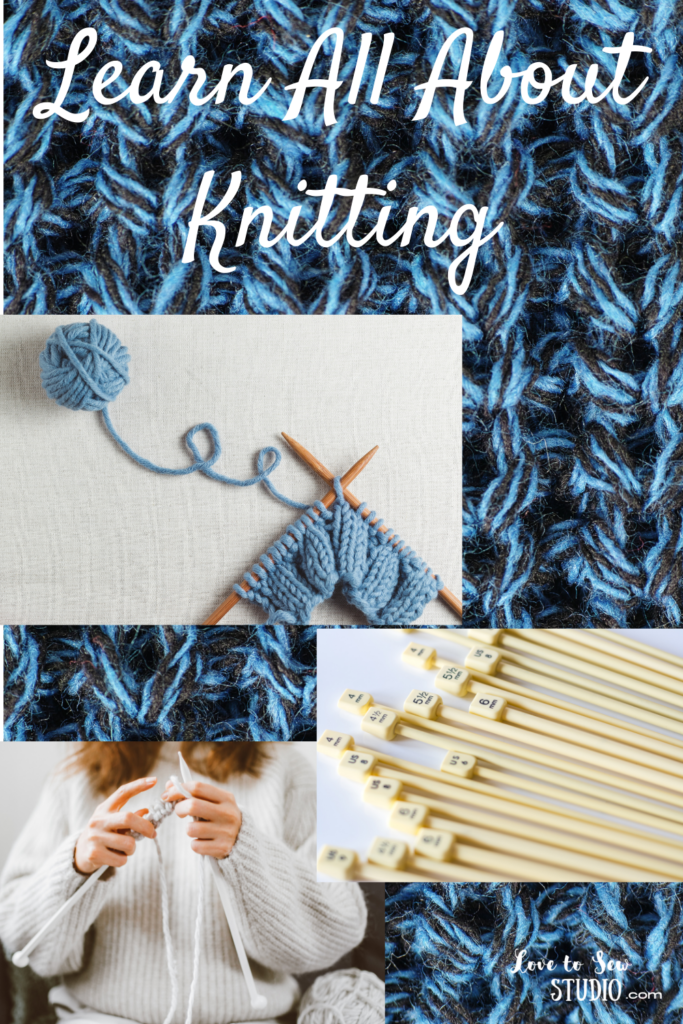
This post contains affiliate links. You can read my full disclosure HERE.
The History of Knitting
Knitting has been around for much longer than you might have guessed. Bits of knit fabrics have been unearthed in archeological sites in Egypt that date to about the year 1000 AD. That means knitting has been around for at least a thousand years so that’s quite a lot of history. The best documentation is in art, where knitting was used often in depictions of the Virgin Mary. Depicting a woman knitting, spinning, or weaving in her home was a way to signify that this woman was not only skilled, but also humble, hard-working, and focused on her home.
As time passed, guilds, or formal groups of craftsmen or craftswomen formed and knitting became work that was done outside the home. This change was more drastic after the Industrial Revolution, when factories produced machine knitting, but still needed workers to run the machines. More frequently, knitting was done for special projects, like wedding accessories, or socks for a loved one.
This changed slightly in the 20th century. During both World Wars, drains on supplies of every kind forced the citizens of countries like the US and Great Britain to rely on hand knitters to mend socks, shirts, sweaters, and even re-knit them in different sizes so children could wear them as they grew. There were many war posters urging women to, “Knit Their Bit!” for the troops fighting overseas and even photos of injured soldiers in hospitals knitting while they recuperated. These photos and posters are easily found online and are a reminder that knitting is more than just a hobby.
Knitting had small waves of popularity in the decades following World War II but it was always seen as an outsider hobby, a past skill that didn’t quite fit with the times. Then, in the late 1990s the knitting trend started to gain strength once again. Today, knitting is more popular than it has been in years, even as far back as the oldest knitting grandmother can remember. There are yarns shops all over the country and there are knitters of all kinds bonding over their love of yarn. At this point, knitters come in every age, stage of life, and background, but they all seem to understand the pleasure knitting can give.
by Sarah Carbone
Abbreviations for Knitting
When one is just learning to knit and finds a pattern, even if it says it’s simple to knit, it may look foreign to you. Patterns usually use abbreviations. Most knitting book, patterns, and magazines will have a key explaining these knitting abbreviations. Here are some listed below.
Abbreviations for Knitting:
approx – approximately
beg – begin or begining
BLO – back loop only
BO – bind off
ch(s) – chain(s)
CC – contrasting color
CO – cast on
dc – double crochet
dec – decrease or decreasing
DP or dpn – double pointed needle
g or gr – grams
inc – increase(-ing)
in(s) or ” – inch(es)
k – knit
k 2 tog or K2T – knit 2 stitches together
LH – left hand needle
lp(s) – loop(s)
MC – main color
M1 – make one
oz – ounce(s)
patt(s) – pattern(s)
prev – previous
psso – pass slipped stitch over
p – purl
p-wise – purl-wise, or as though to purl
rem – remain or remaining
rep – repeat or repeating
RH – right hand needle
rnd(s) – round(s)
RS – right side
sc – single crochet
sk – skip
sl – slip
sl st(s) – slip stitches
sl 1, k 1, psso or SKP – slip 1 stitch as if to knit, knit 1 stitch, and pass the slipped stitch over the knit stitch, and over the end of the needle, or slip, knit, pass
sp(s) – space(s)
SP or spn – single-pointed needles
SSK – Slip, slip, knit. Slip first st as if to knit. Slip next st as if to knit. Put the tip of the left hand needle through the front of these two sts from left to right and knit them together.
st(s) – stitches(es)
St st – stockinette stitch
tog – together
tr – triple crochet(s)
WS – wrong side
YB or ytb – yarn to back of work
YF or ytf – yarn to front of work
yo – yarn over
YRN – yarn round needle

PIN IT FOR LATER


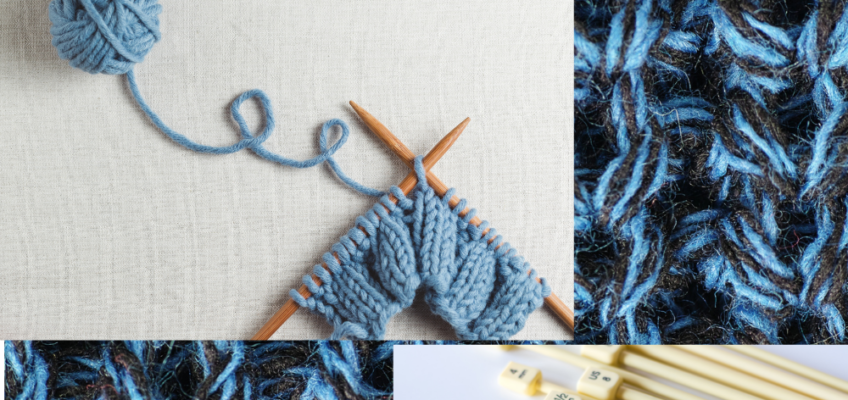



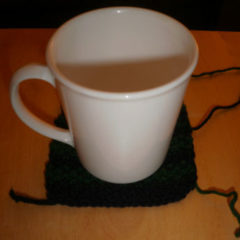


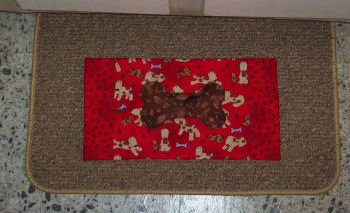
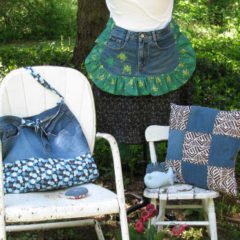
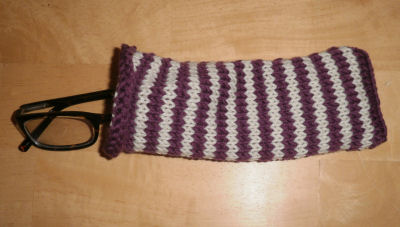
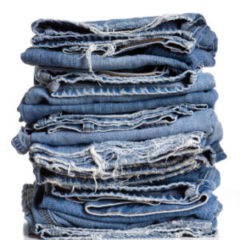
Leave a Reply